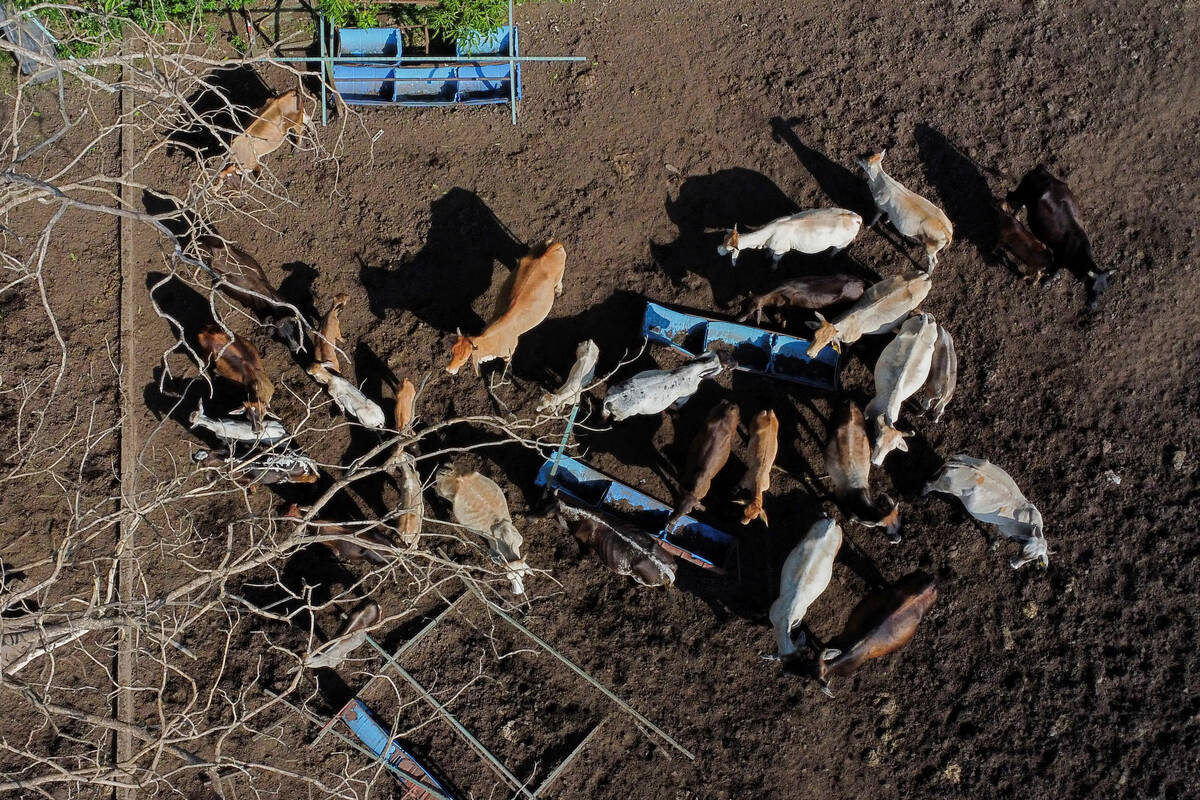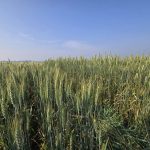BUENOS AIRES, Argentina (Reuters) — Agricultural workers at San Lorenzo, one of Argentina’s key grain exporting ports, warned that they could disrupt operations if they do not receive a salary hike before the end of the year.
Strikes and other labour protests are common in Argentina, where high inflation prompts wage increase demands from workers wary of losing purchasing power.
The workers at San Lorenzo did not specify what actions they would take but in the past have gone on strike.
The northern area of Rosario, made up of San Lorenzo, Puerto General San Martin and Timbues districts, accounts for 80 percent of Argentina’s grains exports.
Read Also

Cattle smuggling worsens outbreak in Mexico
Cattle being smuggled across Mexio’s southern border are making a screworm outbreak much more difficult to control.
President Mauricio Macri has asked the private sector to pay an end-of-year bonus to help workers make ends meet.
However, the president of an umbrella labour union in San Lorenzo said a salary hike was needed despite an earlier 40 percent wage hike in May.
“We don’t want to talk about bonuses. We’re talking about a reopening of salary negotiations,” CGT San Lorenzo secretary general Edgardo Quiroga said.
“There’s a group of unions that want to go on strike, and a group that hasn’t rejected that but is still looking at it. It’s a possibility we’re considering.”
A central bank poll of economists in October showed ex-pectations for inflation of 39.6 percent in 2016 and 20 percent in 2017.
Quiroga said workers had begun having informal dialogues with some agricultural exporting companies.
Argentina’s labor ministry said it would not support new salary negotiations.
Argentina is the world’s top exporter of soymeal livestock feed, the third biggest exporter of raw soybeans, the fourth largest exporter of corn and an important supplier of wheat.
















